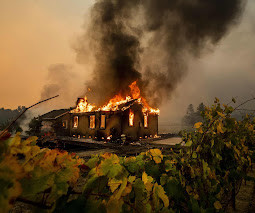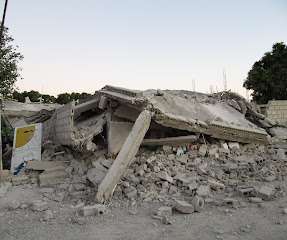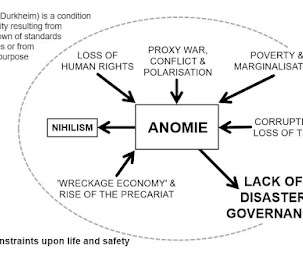OUR CHALLENGE
Emergency Planning
MARCH 3, 2025
Emergency planning excluded emergency planners and was put in the hands of a consortium of medical doctors and politicians, yet half the battle in a pandemic is to manage the logistical, social and economic consequences. Despite the obvious need for mitigation, emergency response capability cannot be neglected.















Let's personalize your content